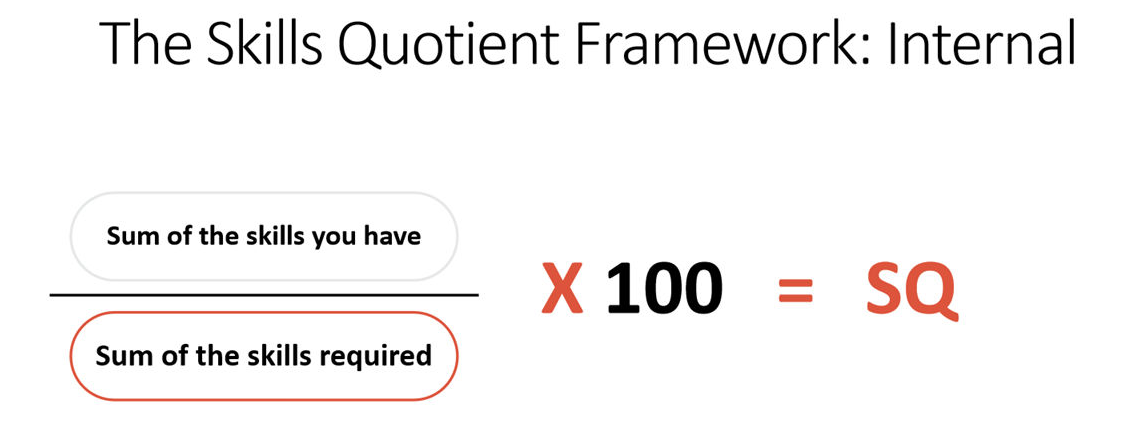Future of Learning Top Reads for week of Nov 19 2018
“Improving Financial Sustainability: Schools Experiment With New Models,” by Donna Orem in Independent School Magazine
“Even amid growing awareness that the business model is broken, colleges and states are doubling down on it. The way we are managing our educational model is undermining its relevance and value. We need to change quickly, but our institutions are operating at capacity and our governance models are not supportive of rapid innovation. The research is clear that the value of a degree is increasing, but public skepticism of the value is growing at the same time.”
Why does this matter to the future of learning?
As Orem goes on to say, everything that is true of higher ed’s financial struggles is equally true of independent school education—it just hits independent schools later.
We are facing two tectonic forces: the market is shrinking, and low- and no-cost alternatives have increased competition within that market.
The Basecamp team believes that true financial sustainability won’t come from tinkering at the edges. The schools that survive and thrive (instead of dying off, or significantly contracting) will need to reimagine how their mission aligns with the market’s direction.
***
“Skills Quotient: The Solution to the CEO’s Biggest Problem,” by David Blake, on Degreed Blog
“62% of executives believe they will need to retrain or replace more than 1/4 of their workforce between now and 2023 due to advancing automation and digitization (source: McKinsey 2018 Global Institute Report).
“77% see the availability of key skills as their BIGGEST threat to their business (source: PWC 2017 CEO Global Talent Survey).”
Why does this matter to the future of learning?
Consider the source: this was written by the CEO of Degreed, a company whose business model depends on companies needing a solution for the growing skills gap.
That said, there is an elegance to the formula that Blake proposes [see image on the right], one that might be helpful to schools adopting a mastery-based approach to learning.
The future of learning is undoubtedly going to involve lifelong learning and reskilling. The sooner we help learners to self-diagnose the gap between where they are and where they need to be, the better.
***
“Why Teens Need a Sense of Purpose,” by Clare Ansberry, in the Wall Street Journal
“[T]eens fall into four categories.
“About 25% are disengaged. They are interested in having fun and making friends. When asked to define a good life, they respond that it is doing things to make them happy."
“Dreamers are the 25% who think about purpose, care about things like the environment but don’t do anything about it or try to find ways to do something.
“Dabblers, the largest group at 30%, are those who get involved in a few causes but don’t follow through.
“Only one out of five is purposeful.”
Why does this matter to the future of learning?
We cannot afford for 80% of teens to feel disengaged or unequipped to follow through on their dreams. Kudos to the Hewitt School for recently hosting a “Global Gathering” of Schools of Purpose to explore positive efforts being explored across a wide variety of schools.
For our part, the Basecamp team believes that the school of the future will organize itself around four big questions to foster a deep sense of purpose:
Who am I?
Who are we?
What matters to me?
What am I going to do about it?
Over the next few weeks, our Monday blog posts will address these questions.
***
Question of the week:
***
Thank you for reading this post from Basecamp's blog, Ed:Future. Do you know someone who would find the Ed:Future blog worthwhile reading? Please let them know that they can subscribe here.



